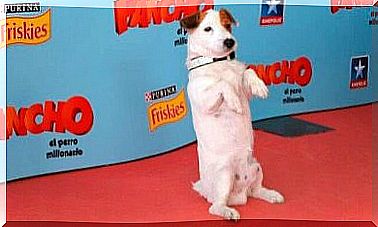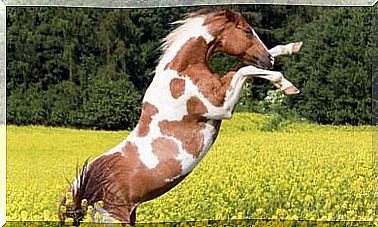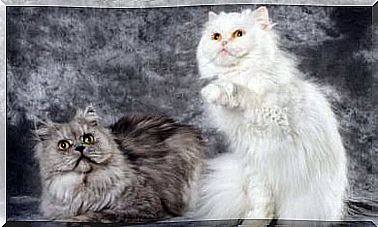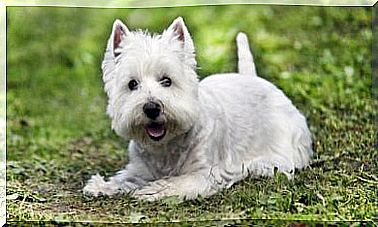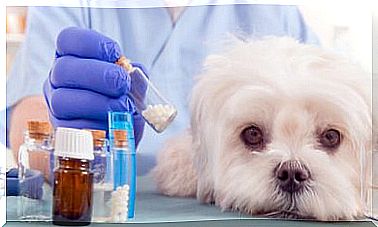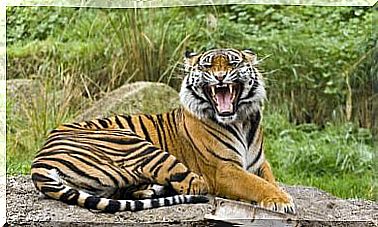Alternative Medicine For Elderly Pets
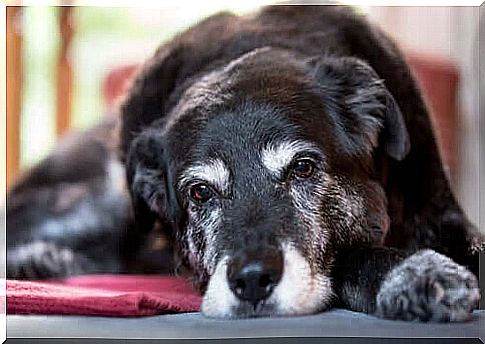
Alternative medicine is a vast set of medical practices that do not belong to Western conventional medicine. There is no single type of alternative medicine. For this reason, its effects can be multiple and varied.
As for alternative medicine for animals, it is not taught in veterinary schools. However, this does not mean that alternative animal medicine practitioners are not properly qualified. For example, there are more and more courses and specializations in chiropractic and acupuncture for animals.
Alternative medicine works best when integrated with conventional medicine. In an ideal treatment, alternative therapies are accompanied by conventional therapies for treatment optimization.
In general, alternative therapies are based on the principles of holistic treatment. This means that alternative medicine primarily seeks to improve the body as a whole and keep it in the best possible condition.
The most common alternative treatments in pets are acupuncture, physiotherapy and homeopathy. All three offer great benefits to the organism of an elderly pet, as they try to find solutions to the ailments that can afflict their body.
The first step towards alternative medicine
For all older animals entering holistic medicine for the first time, treatment begins with an evaluation of their diet. Adequate nutrition and food therapy are the simplest ways to bring about a change in the animal’s life.
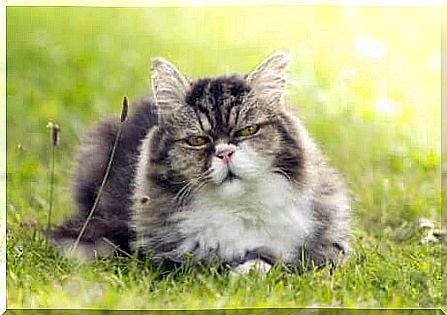
In older pets, sudden changes in routine can be unpleasant events. For this reason it is recommended that the bosses initiate the changes progressively.
It is very important that an elderly pet’s diet is discussed with a veterinarian. Even when alternative medicine benefits your pet, lack of knowledge can cause the owner to make nutritional mistakes.
Medicinal herbs, which provide benefits in small amounts, can be harmful if administered incorrectly.
Some alternative treatments
1. Physiotherapy
Physiotherapy is a great way to treat your elderly pet. Often, our animals suffer falls or bruises that afflict them for a long time.
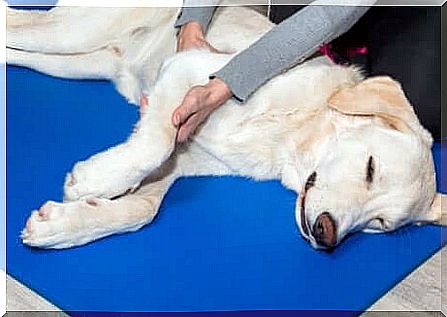
In these cases, many veterinarians prescribe the administration of anti-inflammatory drugs. The best choice is to integrate the use of medicines with physiotherapy.
Physiotherapy is a technique used to alleviate the suffering suffered by a pet through the use of external treatment. This treatment mainly involves the use of massages, but also makes use of external heat and small electric waves.
2. Acupuncture
Acupuncture is a very ancient practice that was originally developed to be applied to humans. However, there has also been a form of acupuncture aimed at animals for several years. Many pets show noticeable improvements after an acupuncture session.
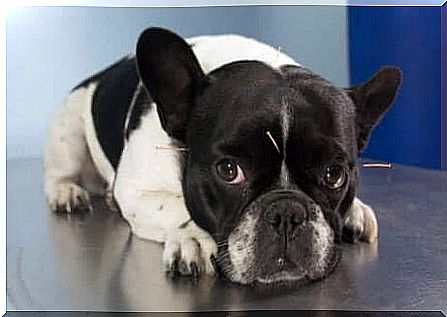
Acupuncture represents one of the great branches of traditional Chinese medicine. There are more than 300 pressure points identified on an animal’s body. According to experts in this field, each point is capable of stimulating a different reaction in the animal’s body.
For your senior pet, acupuncture is the ideal treatment. An acupuncture session is able to treat numerous ailments present in your pet’s body at the same time, improving its state of health.
3. Alternative medicine treatments: homeopathy
In the homeopathic approach, the animal is considered in its totality. This means that the treatment is concentrated on resolving the suffering experienced by the animal as symptoms of an internal imbalance.
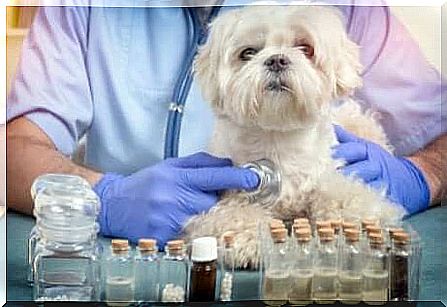
Homeopathic medicine aims to bring improvements to the whole organism of the animal, externally and internally, both in the mind and in the body.
Homeopathic treatment consists in administering small doses of the same compounds to the animal that generated the disease that struck it. In this way, the animal’s body is stimulated to fight the disease on its own.
While it may seem contradictory, homeopathic treatment has offered significant health benefits for humans and animals in the long run. Many older animals have benefited greatly from this type of non-invasive treatment.
The main advantage of unconventional medicine over conventional medicine lies in its ability to relieve symptoms without unpleasant side effects. Before starting any type of treatment, however, you must take into account the fact that, regarding these topics, there is information of all kinds on the Internet.
Diet and medication intake should be supervised by a veterinarian. Just like in the case of humans, a patient should never self-medicate. In this sense, do not medicate your dog without first consulting your veterinarian.
Although unconventional medicine offers countless benefits, it is more effective in the face of chronic diseases and mild ailments. In an emergency, always consult your veterinarian.
